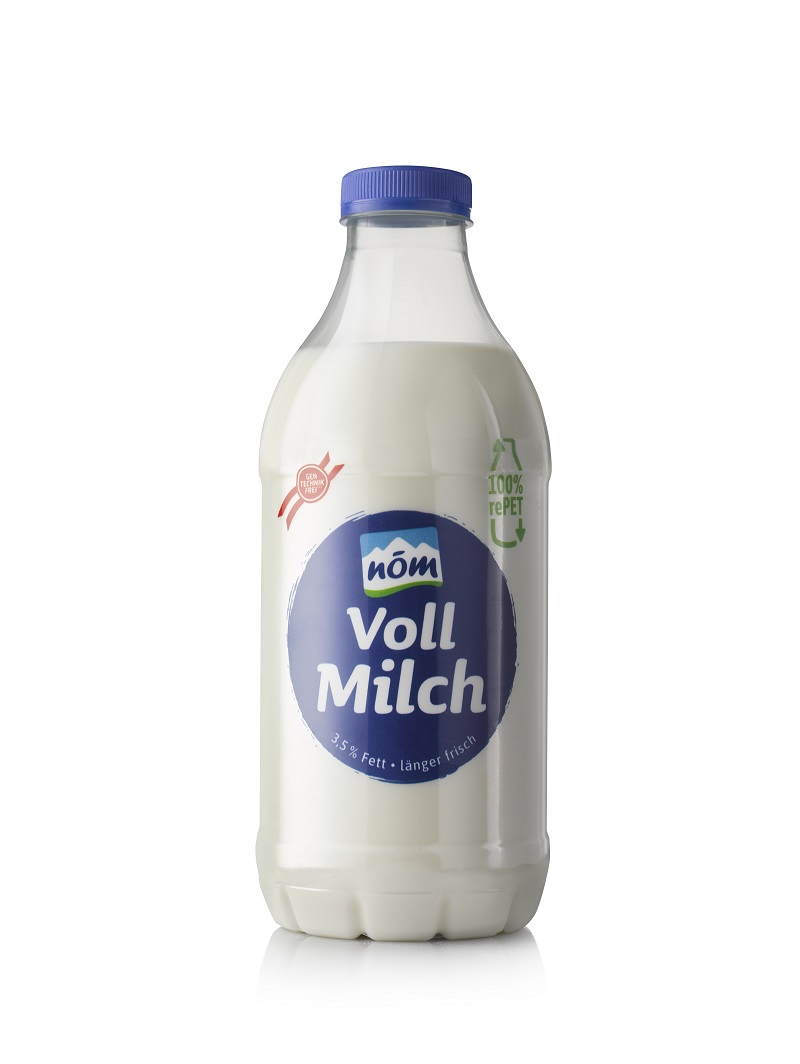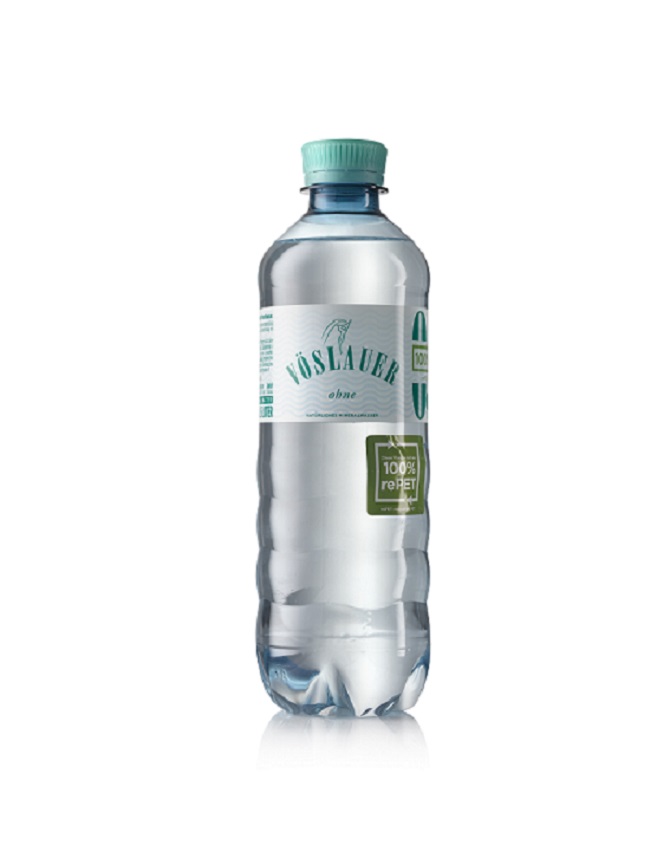LEADING manufacturers in the recycled PET (rPET) market see substantial gains in Asia, with a number of them opening recycling plants in Southeast Asia.
In Indonesia, PT Veolia Services Indonesia, in partnership with Danone-AQUA, is building the largest PET bottle-to-bottle recycling and reprocessing factory in Pasuruan district, East Java.
Built on a 22,000-square-metre stretch, with a building area of 7,000 sq. metres, the factory is expected to start operations this year. Annual production is at 25,000 tons of rPET, in accordance with the applicable food safety standards in Indonesia. The factory will employ 80 local workers, and machinery that is capable of quickly separating the caps and labels.
The France-based waste management company in 2018 signed a Memorandum of Understanding (MoU) with the Danone-AQUA for the construction of this recycling factory. This is part of Danone-AQUA’s #BijakBerplastik commitment to collect more plastic waste than it produces by 2025.
According to Veolia, the raw materials will be sourced through plastic waste collection actors in several cities in Indonesia.
Danone-AQUA has pioneered plastic recycling in Indonesia through the PEDULI program as early as 1993. To date, 70% of its business is already circular. In 2018 AQUA launched Indonesia’s first water bottle made of 100% recycled plastic. It says that the partnership with Veolia Indonesia will not only help increase recycling efforts but also make sure that its innovative 100 % rPET packaging will get sufficient supply in the future.
In Thailand, ALPLA is expecting its high-quality circular plastic recycling plant to be operational by end of 2021. The Austria-based company whose full name is ALPLA-Werke Alwin Lehner GmbH & Co KG, is a leader in the development and production of plastic packaging solutions, and specialises in blow-moulded bottles and caps, injection-moulded parts, preforms and tubes.
The company teamed up with PTT Global Chemical (GC) to conduct a study on investing in the first high-quality circular plastic recycling plant in Thailand, for such materials as rPET and rHDPE.
The move acknowledges the growing demand for recycled plastics in Southeast Asia. “In particular, excellent quality of recyclates plays a big role,” says ALPLA Regional Manager Bernd Wachter. “We have expertise in the manufacture of food-grade recyclates and we are experts in the processing of these materials into new packaging. Together with GC, we could implement a flagship initiative for the country and the entire region.”

Customised milk bottles
In Europe where recycling is taken more seriously, ALPLA has two of its own recycling plants in Austria and Poland and has joint ventures in Germany and Mexico. The company has released a new customised milk bottle that is 100% rPET and fully recyclable.
“The bottles – as most of our packaging solutions – are customised exclusively for Niederösterreichische Molkerei (NÖM),” explains Alexandra Dittrich, Senior PR & Corporate Communications Expert at ALPLA.
The move runs counter to a widely held belief in a country where dairies have been reintroducing glass bottles for their fresh milk due to consumer preference. But NÖM, Austria’s first and, currently, only carbon-neutral dairy, maintains that the water savings related to used bottle reprocessing, the lower weight of the PET bottles as well as the space savings during transportation bear out the wisdom of such decision.
ALPLA says that 600,000 milk bottle preforms can be transported per lorry load compared to 23 lorries to transport the same amount of glass bottles. Disposing the bottles is also simpler and more carbon efficient as they can be disposed of in the yellow recyclables bin bags or bins.
“The quality requirements are obviously very high for fresh milk packaging,” says Werner Rosenberger, Plant Manager at ALPLA’s Steinabrückl site where the bottles are made. “Food safety has to be guaranteed. The bottles have to be tightly resealable, for example, in order to maintain the milk’s shelf life.”
Mr Rosenberger adds that the milk bottles use “rPET that’s as clear as glass because it is easily identifiable within the recycling stream and can therefore be reprocessed. At the packaging design stage, we ensure that we get the bottles back as recyclate, and that they don’t end up being thermally recycled.”
He stresses the need for consumers to remove the label to make the recycling process more efficient. “In the recycling process, the bottles are initially turned into flakes and then into food-safe pellets, which are subsequently used to produce new packaging.”
NÖM plans to increase the proportion of recyclates used in its dairy’s entire PET range to at least 50% this year.
Record weight
More recently, ALPLA worked with bottling and packaging systems specialist KHS to further develop a 1-litre reusable PET bottle. The result: a refillable bottle that weighs 10 grams less than the standard. The company says, the record weight of 55 grams can still be pared down. The preforms ALPLA produces are then stretched, blown and subsequently filled on the KHS production lines.
Aside from being ideally adapted to bottling and washing systems, the new bottle design also boasts neck and base optimisations, which are key to its significant weight reduction. The bottle is adequately alkali-resistant to maintain the quality and the look of the bottle even after repeated washing.
“rePET” for top mineral water
ALPLA also worked with Vöslauer for mineral water bottles made entirely of rPET. With more than 40% share of the market, Vöslauer is Austria’s number one mineral water brand. The family-owned enterprise aspires to be the industry’s innovative and pioneering sustainability driver. It requires its packaging and bottles for the line to be resource-efficient, sustainable, lightweight and suitable for daily use.

In 2006, Vöslauer founded its own recycling company called “PET to PET” along with four other Austrian beverage manufacturers. It subsequently launched its first PET bottles made from 100% rPET. As it prepared to quickly switch all of its PET bottles to sustainable materials, it roped in ALPLA,
The preforms are produced at ALPLA’s plant in Steinabrückl. The proportion of rPET or rePET, as Vöslauer calls it, is being steadily increased. He reveals that they had their first Vöslauer bottle made entirely using rPET bottles back in 2011. “At the time, the quality of the raw material wasn’t sufficient for us to achieve a consistent colour.”
Mr Rosenberger credits the advancements since gained, including using the right raw materials, to the partnerships it enjoys with ARA, for collecting the bottles, PET to PET as the materials processor and Vöslauer as the bottling company.
“There cannot be any colour deviations when the preforms are injection-moulded, and the segment weight has to be carefully monitored when the bottles are blown at the Vöslauer plant.”
Vöslauer hopes to gradually transition its other product lines to 100% rPET. It cites correct bottle collection and separation as important parameters for this, as is awareness that PET is a valuable raw material that doesn’t belong with residual waste.
Challenges with supply
PET is the most widely recycled plastic across Europe. A 2017 survey on European PET Recycle Industry shows that out of 3,308,300 tonnes of PET bottles placed in the European market that year, 58.2% or a total of 1,923,100, were collected.
Rates vary significantly across regions, however, from highs of 90-95 % in countries such as Germany and Finland to less than 30% - 40 % in Mediterranean countries or central eastern European countries. According to the survey, these are influenced by different methods of waste collection and sorting: deposit return scheme, kerbside collection and collection points.
But ICIS, a source for independent commodity intelligence services in the chemicals, energy and fertilizer markets, reports there’s a change in recycling habits in the region. It quotes a German recycler as saying: “People are buying [bottled] water and they don’t bring it back, they store it.”
Germany has one of the most established deposit return schemes (DRS) in Europe. It allows consumers to return used PET bottles through reverse vending machines in locations such as supermarkets. ICIS sources, however, are waiting to assess the impact of the long-drawn social distancing and self-isolation on the country’s recycling market. Some suggest that the coronavirus may cause more people to turn to tap water or use glass bottles over plastic.
Pre COVID-19 demand
Prior to the onslaught of the COVID-19, the rPET market was forecast to develop globally. Future Market Insights projected a CAGR of 6.5% between 2019 and 2029.
Expected to keep the momentum going is the preference for recyclable and sustainable packaging solutions from the food, beverage and healthcare industries.
The bottles and jars segment in particular experienced unmatchable demand especially from the beverage industry’s drinking water as well as carbonated and non-carbonated drinks. This since bottles and jars offer precise packaging, high impact capability, and affordability to end users.














